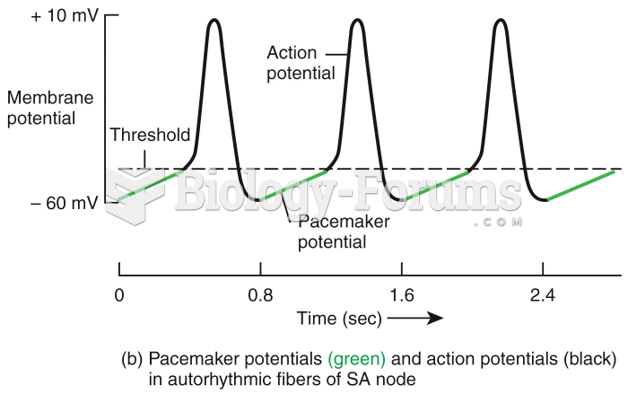Answer to Question 1
ANSWER: Chemical weathering is a process by which carbon dioxide is removed from the atmosphere as silicate minerals in rocks decompose in the presence of moisture. In this feedback, as chemical weathering increases, the amount of CO2 in the atmosphere decreases. The reason for this situation is that chemical weathering (and the removal of CO2 from the atmosphere) will generally take place more rapidly on a warmer planet, as chemical reactions speed up and greater evaporation from the oceans leads to more precipitation over the continents. As CO2 leaves the atmosphere more quickly, CO2 levels drop and Earths climate begins to cool and stabilize. As temperatures dip, less water evaporates from the oceans, chemical weathering decreases, and the removal of CO2 from the atmosphere diminishes.
Answer to Question 2
ANSWER: A positive feedback mechanism is a process which is reinforced by other processes. A negative feedback mechanism is a process which is weakened by interactions among other variables. The water vapor-temperature increase process is a positive feedback mechanism. Assuming that the Earth-atmosphere system has been disturbed to the point that Earth has entered a slow warming trend, over the years the temperature slowly rises, and water from the oceans rapidly evaporates into the warmer air. The increased quantity of water vapor absorbs more of Earths infrared energy, thus strengthening the atmospheric greenhouse effect. This strengthening of the greenhouse effect raises the air temperature even more, which, in turn, allows more water vapor to evaporate into the atmosphere. The greenhouse effect becomes even stronger, and the air temperature rises even more.







